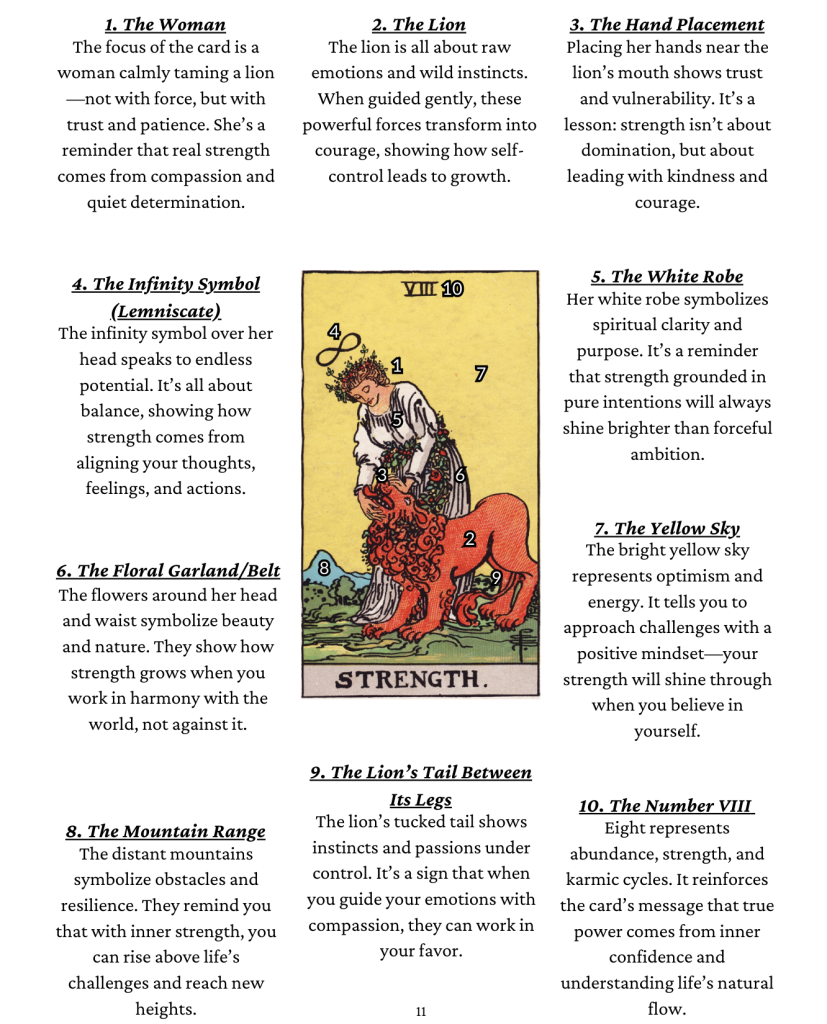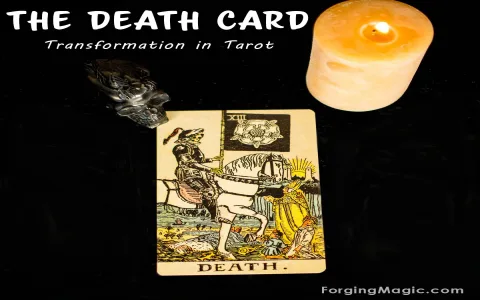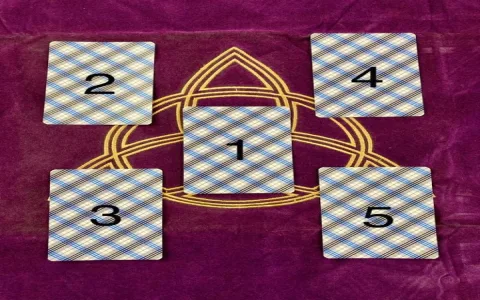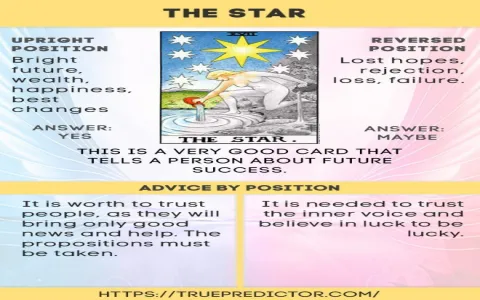Man, let me tell you, sometimes life just throws you into the deep end without a floaty. I hit a wall a few months back. Not a physical one, but the kind where you know exactly what you should be doing—the big leap you need to take professionally—but your guts freeze up completely. I was sitting on this massive project, something I’d poured serious hours into, ready to launch it, but every time I went to hit ‘publish,’ this heavy, sickening dread would just paralyze me.
I wasn’t sleeping. I was snapping at my family. I was basically a high-functioning disaster zone. I kept telling myself, “I’m usually good at pushing through,” but this time, the willpower was gone. I felt like I was trying to steer a truck with flat tires.
So, I did what I always do when my head gets too noisy: I grabbed the deck. I didn’t do a fancy spread. I just wanted a snapshot. I pulled one card, asking simply: “What is blocking me right now?”

And there it was. Strength, Reversed.
I remember just staring at that card. It wasn’t some esoteric mystery this time. It slammed into me with crystal clarity. The upright Strength is about quiet confidence, the gentle mastery of your own wild side, compassion for yourself, and guts. Reversed? It was just staring me down, confirming I was drowning in self-doubt, terrified of failure, and letting my most basic, panicked instincts run the whole show. It meant I was letting the fear of the outcome dictate the process.
I realized I wasn’t lacking the ability to do the work; I was lacking the courage to face the potential fallout. The reversed card wasn’t a warning; it was a diagnosis. So, I grabbed my notebook and forced myself to put the cards down and pick up the tools of practical action. Here is exactly the three-step process I brutalized myself through to get moving again.
Dragging the Monsters Out of the Closet
The first thing I did, mimicking the lack of control the reversed card suggests, was to stop trying to be brave. That sounds dumb, but hear me out. Whenever I felt afraid, I tried to muscle through it, which is exactly the opposite of the gentle taming Strength asks for. It’s brute-forcing.
Instead, I took the fear and held it up to the light. I stopped generalizing. “I’m afraid of failure” is useless. I needed specifics. I grabbed a piece of paper and asked myself: What, exactly, is the monster?
- The real fear wasn’t the project failing; it was specific people judging it.
- The real fear wasn’t losing money; it was having to admit I was wrong about the market.
- The real fear wasn’t working hard; it was the realization that if I succeeded, I’d have to work even harder next time.
I wrote down these granular fears, and they looked stupid on paper. They weren’t insurmountable demons; they were just annoying whispers. The moment I labeled the specific fear, I stripped it of its power to paralyze me. It was no longer a vast, dark abyss; it was just a worry about what some random guy on the internet might comment. This act of defining the fear was the first step toward reclaiming my inner strength.
Stop Trying to Tame the Lion—Just Feed It a Crumb
The Strength card, even reversed, is about dealing with a powerful force (the ‘lion,’ or your instinctual fears). My instinct was telling me: “This is too big. Stop.” And trying to fight that powerful instinct head-on was why I felt drained and powerless.
So, I stopped trying to conquer the whole project. That was too much effort and gave the fear too much ammunition. Instead, I decided to only tackle tasks so small, so trivial, that the inner fear mechanism wouldn’t even bother trying to block them.
If the project was writing a massive document, I didn’t say, “I must write 10 pages today.” That was an instant fail. I said, “I will open the document and write three sentences of absolute garbage.”
If the action was sending a scary email, I didn’t commit to hitting ‘send.’ I committed to simply typing the recipient’s email address and walking away for an hour. I reduced the action requirement to the absolute lowest common denominator that required zero willpower.
What happened? I found that once the document was open and the three terrible sentences were written, the inertia was broken. I usually wrote a paragraph or two more. Once the recipient’s email was typed, hitting send later was only mildly stressful, not paralyzing. The reversed Strength was fixed not by finding more willpower, but by making the required effort smaller than the fear threshold.
Changing the Scorecard: Process Over Outcome
The core issue of Strength Reversed for me was being absolutely obsessed with the outcome—will it succeed? Will it make money? Will I look stupid?
I decided to scrap the traditional definition of success. The new definition of ‘winning’ had nothing to do with the external result of the project.
I established three simple rules, tied directly to my daily activity, and those three rules became my entire scorecard:
- Did I confront the scary task today? (Yes/No. Confronting meant working on it for 15 minutes, minimum.)
- Did I stick to the schedule I set yesterday? (Yes/No. It didn’t matter if the schedule was light; only compliance mattered.)
- Did I acknowledge the fear without reacting to it? (Yes/No. If I felt the panic rise, I had to stop, label it, and then proceed with the small action.)
By shifting my focus entirely to the process, the project wasn’t about the huge, terrifying launch anymore. It was about whether I checked those three boxes today. If I checked them, I won the day, regardless of whether the market responded or the product flopped. The self-control required by Strength Upright was redefined as control over my own actions, not control over the results.
It wasn’t a switch, it was a slow grind. But day by day, ticking those small boxes, the heavy feeling of paralysis started to lift. The fear didn’t vanish—it never does—but the grip it had on my decision-making broke. I finally launched the damn thing. Was it perfect? Hell no. But I got it out the door, and that act, born from mastering my little internal fears instead of trying to silence them, felt like the biggest win of all.







